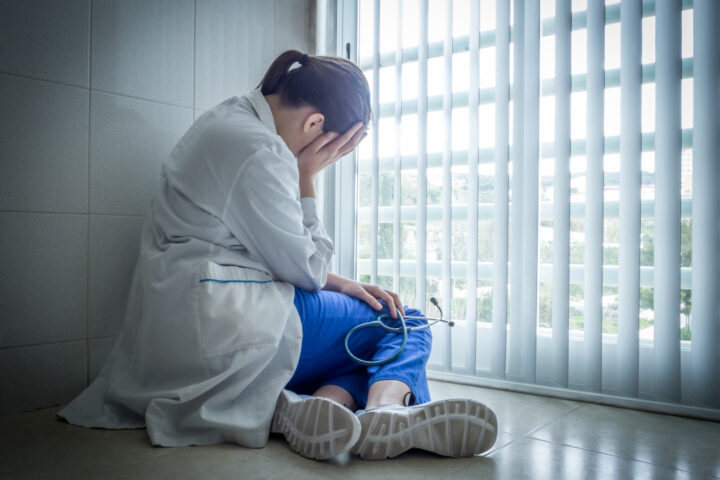In the past, I work closely with rehabilitation physician in the course of treating my patients. Since I went into private practice in the province though the lack of a Rehab physician in my area pushed me to learn and give rehabilitation regimens to my post op patients. What i discovered first was not really about the nitty gritty of giving exact instructions on physical rehab regimens. The necessity to communicate clearly and cultural sensitivity plays an important role and could save you from embarrassment or worst, the barking look of your own patient.
Mrs. Cruz (not her real name) is a 56 year old soon to be retiring school teacher I operated on after she sustained an bi malleolar ankle fracture from a vehicular accident. She was a stern looking bespectacled woman, barely smiling but very sharp with her unending probing questions. She claimed to know me when I was still an elementary grade pupil (although, I couldn’t remember exactly if she was one of my teacher), but I suspect she isn’t the type of teacher you and your nasty classmates could play jokes on. Anyhow, I operated on her uneventfully and she is on her first week of follow up post op. Time for rehab I said.
She was accompanied by her equally stern looking husband, a former military man from the looks of his eyes when she came in my clinic.One of her son was waiting outside the clinic and was I guess an added “assist” should the need arises. I just came from two succeeding ORs, barely had any sleep and was pretty tired from whole day of running around the hospital seeing patients. I am in my usual cool emphatic composure, but it was 4PM and my energy is almost spent since 7 am that day.

“Good morning Mrs. Cruz,.. Sir!” I said. Greetings which was met by a querying look from both persons. “Hows your operative wound madam?” “Have you been dressing this daily?” I continued. “Yes” she said. I went through the routine of checking her post op wounds, examining it and then removing the sutures after seeing the wounds are all healed already. I then checked her ankle joint’s range of motion. It was a bit stiff even if I did one good operative job and has checked the range of motion intra op to be “full”.
Time for a “rehab” I said nonchalantly to Mrs. Cruz.
I was skimming her chart and fumbling on my phonebook at the same time for the cell number of our in house physical therapist. I noticed the couple looked stunned and was looking at me squarely liked I said something really awful.
“Rehab, doc?”. Mrs Cruz didn’t blink to ask me again. Half stunned, half in disbelief.
“Yes, Rehab” I replied a bit annoyed and spent.
Then Mr. Cruz, face red in embarrassment, looking more serious and agitated now, butted in “Doc, my wife is a teacher, she doen’t have any vice at all, at this age, I really find it hard to believe she is using any drugs!!!” in Tagalog.
“Ugh!Oh no, no..that’s not what I meant! Her ankle needs physical therapy so she can walk painlessly again on that foot!”
The rest of this story brought back the adrenaline in me that day. I was totally insensitive, perhaps because I was so spent with toxicity. In a provincial community where I practice, social stigma for drug addicts and sensitivity towards implying one is using any addictive substance may cost you your life. In this part of the country (and in some other parts too), “Rehabilitation” means drug rehabilitation. Many believe its derogatory and I guess, I learned my lessons that day.
Perhaps clarifying things out, being socially sensitive and a bit more of patience, will save you from your own “close calls” with ‘rehabilitation”.





